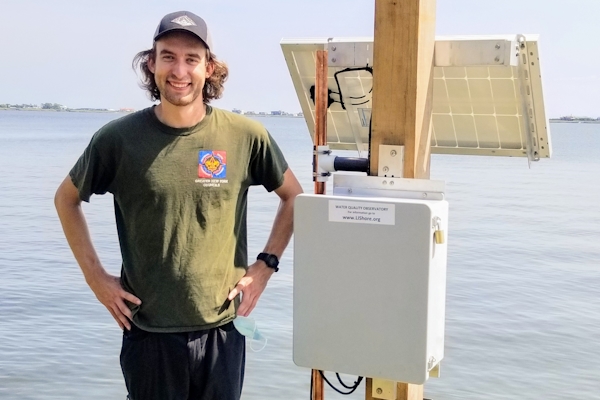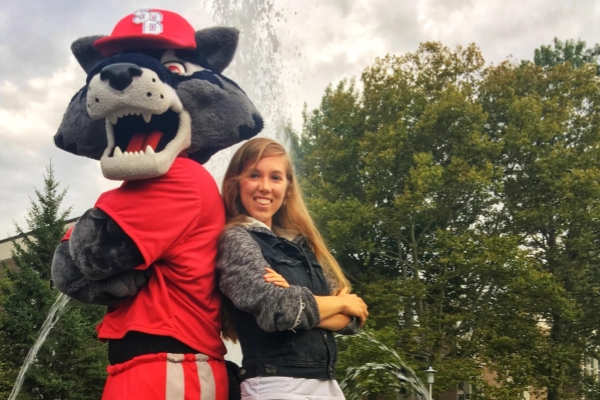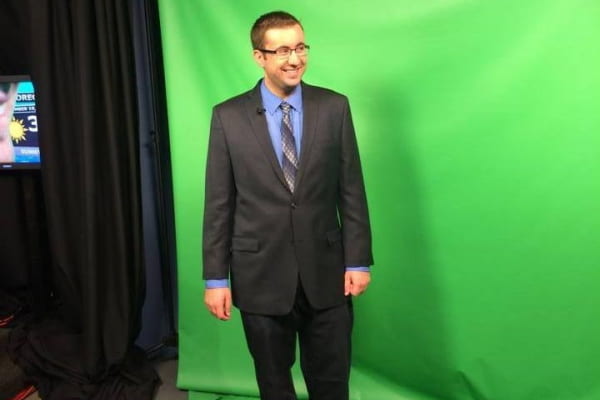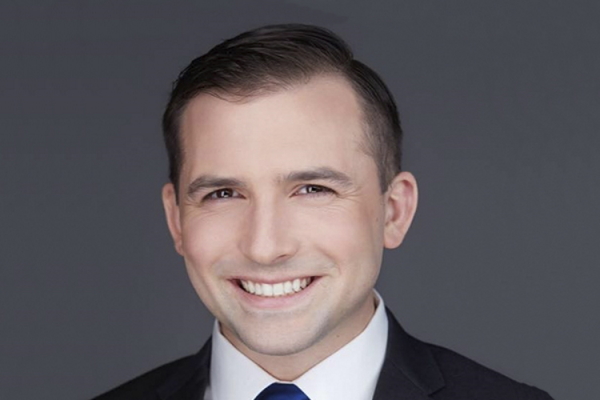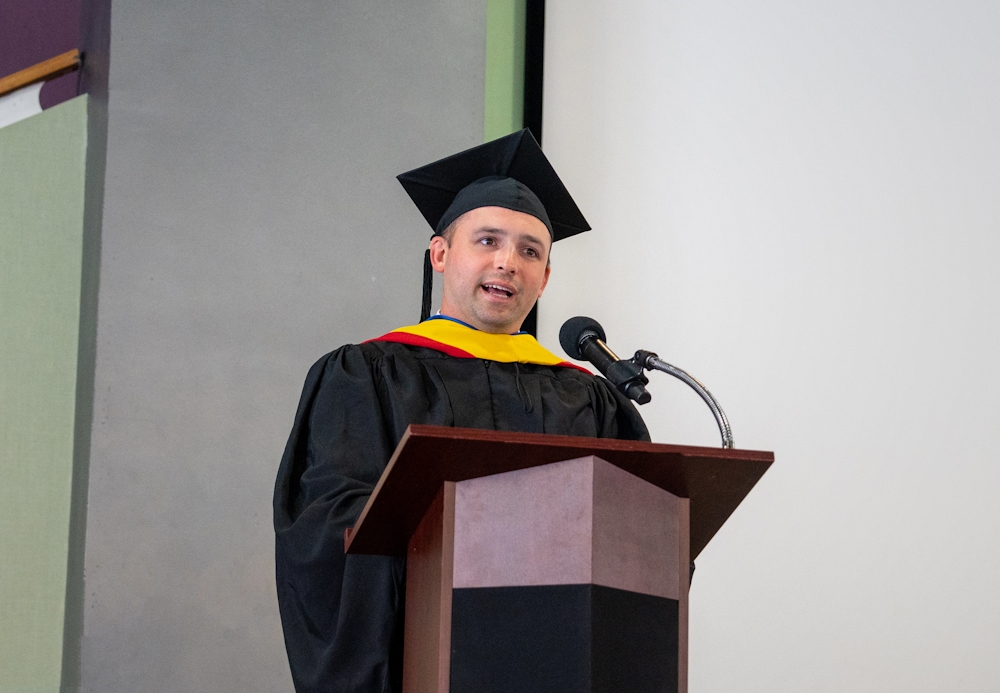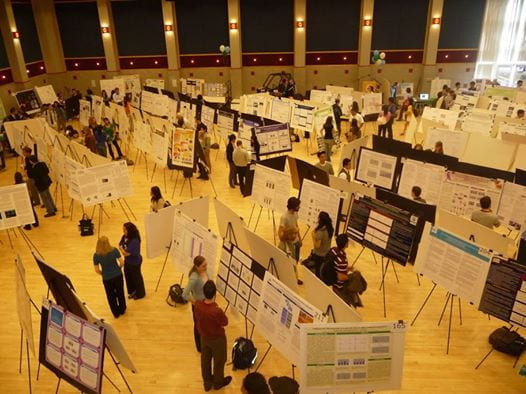Overview
Atmospheric Science encompasses a wide variety of topics such as weather forecasting,
climate change, air pollution and air chemistry, radiative transfer, air-sea interactions,
and boundary layer processes. The Institute for Terrestrial and Planetery Atmospheres
is located at the School of Marine and Atmospheric Sciences (SoMAS) on the South Campus
of the State University of New York at Stony Brook. The Institute provides a comprehensive
and flexible curriculum in these and other areas. We offer the only Bachelor’s degree
program in meteorology for the 2.8 million people on Long Island and for the whole
metropolitan New York City area.
The Atmospheric and Oceanic Sciences (ATM) program is structured to meet the educational
needs of those who want to pursue meteorology-related careers. The School’s coastal
location allows for detailed study of coastal weather phenomena, such as hurricanes,
nor-easters, and sea-breezes, as well as regional climate change in a coastal-urban
environment. ATM majors are prepared for a range of career options including weather
forecasting, environmental meteorology, broadcast meteorology, and graduate school
in atmospheric sciences. The Bachelor’s degree meets the requirements for employment
as a meteorologist with the National Weather Service and private companies, and the
curriculum also satisfies the education standards endorsed by the American Meteorological
Society. With strong background training in physics, mathematics and computer science,
our ATM majors are also well prepared for a variety of alternative career paths.
SoMAS is one of the nation’s leading coastal oceanographic and atmospheric institutions,
and the expertise of SoMAS’ faculty places SBU in the forefront in addressing and
answering questions about regional environmental problems, as well as problems relating
to the global ocean and atmosphere. The primary focus of the SoMAS faculty is on fundamental
research designed to increase understanding of the processes that characterize the
coastal ocean and the atmosphere. SoMAS faculty are also committed to applying the
results of research to solve problems arising from society’s uses and misuses of the
environment.
Information on research opportunities may be found by contacting faculty directly.

